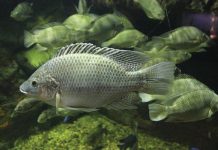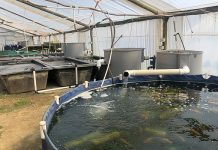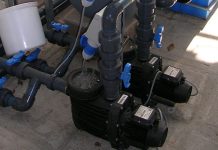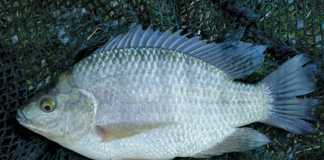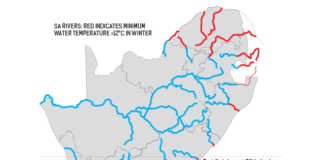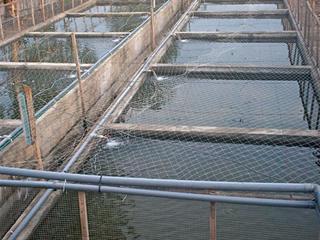
Recently, Farmer’s Weekly columnist Peter Hughes wrote about co-operation – or the lack of it – in agriculture. He spoke of how game farmers and the state co-operated to create successful state and private ventures in the game-farming industry. He also asked why we could not achieve the same spirit of co-operation in all sectors of agriculture. Why not, indeed?
Regrettably, aquaculture currently falls way short of the mark in this respect. There are so many who jealously guard their ‘secrets’, or who attempt to make large sums of money from theories untried by themselves and untested by their peers.
Are the profit margins in aquaculture so marginal that parting with a few ‘trade secrets’ would mean the difference between success and failure?
Of course not! The one thing that markets really need is a constant supply of a high quality product. Invariably, local fish farmers cannot, at present, sustain their production to satisfy this demand. And this one fact alone should bolster confidence that this is a worthwhile enterprise. Where else does demand exceed supply? So why are we being so secretive?
The more success stories there are in the tilapia industry, the more this fine fish will become an established and well-known product – to the benefit of us all. Ask yourself this: where can you buy tilapia on a regular basis in South Africa? This fine product is not available in quantity anywhere locally.
Imports
The cynical often smugly inform me that frozen Chinese tilapia can be imported into South Africa at a ‘fraction of the price’ of locally produced fish, making this form of aquaculture uneconomical. Untrue. Travel through tropical Africa and you will learn that most people prefer a fresh, locally grown fish to something that has gone through a questionable cold chain from far away. And don’t believe those who claim that Africans are generally too poor to pay for local products that are more expensive. If you do, the achievable price of US$6/kg (about R60) for fresh tilapia realised in some Central African countries traditionally regarded as being ‘poor’ may come as a surprise.
So co-operation in supplying this demand is surely in all our interests. On the technical side, it’s imperative that investors are not misled into wasting money on systems doomed to failure. Co-operation between designers, scientists and the farmers is essential if we’re to avoid the repeat of the ‘Mega-fish’ debacle of the 1990s, when inappropriate and expensive technology was foisted onto the industry to produce a fish that would not sell – catfish.
There is no place for the secretive people who want to be breeding expert, fingerling hatchery and grow-out complex owner, and marketing agent all in one – and in isolation! Rather, choose one area to specialise in and collaborate with experts on the others.
Selfishness is short-sighted
A spirit of open-mindedness between those who have successful designs or techniques and those who need them will only serve to benefit both parties. It is not all about a quick return, and to hell-with-the-consequences. That will come back to bite you, sooner or later, and does the industry no good. Unfortunately, co-operation is not a national trait in South African business, and too often requests for help, or information, are met with secrecy or a curt demand for money up front. This is unhelpful.
Nicholas James is an ichthyologist and hatchery owner.


